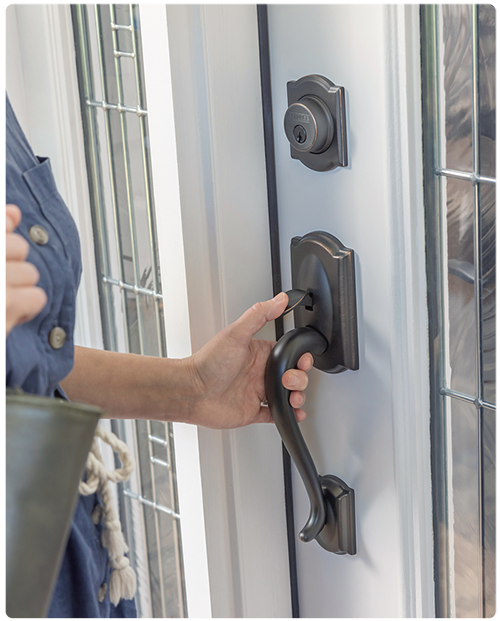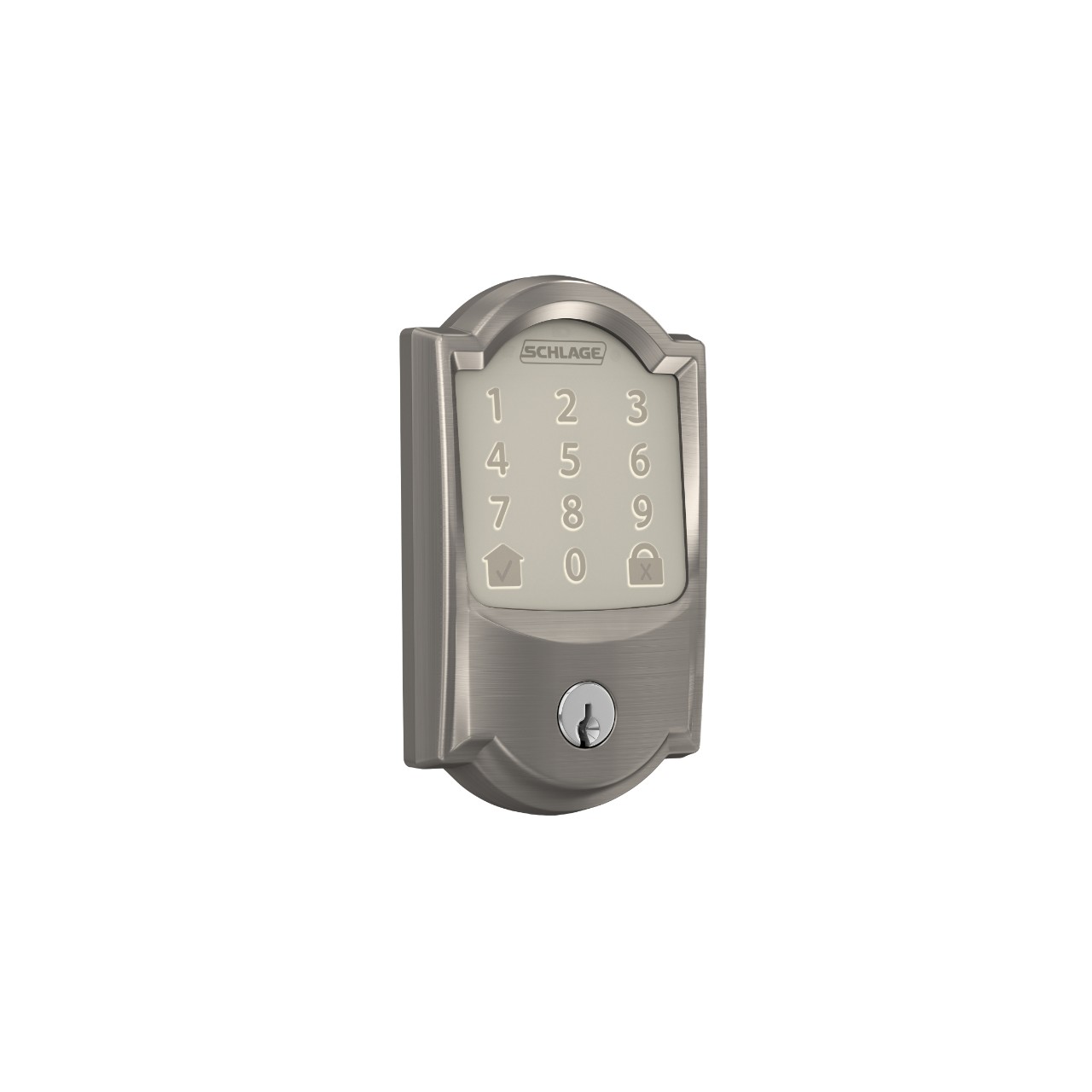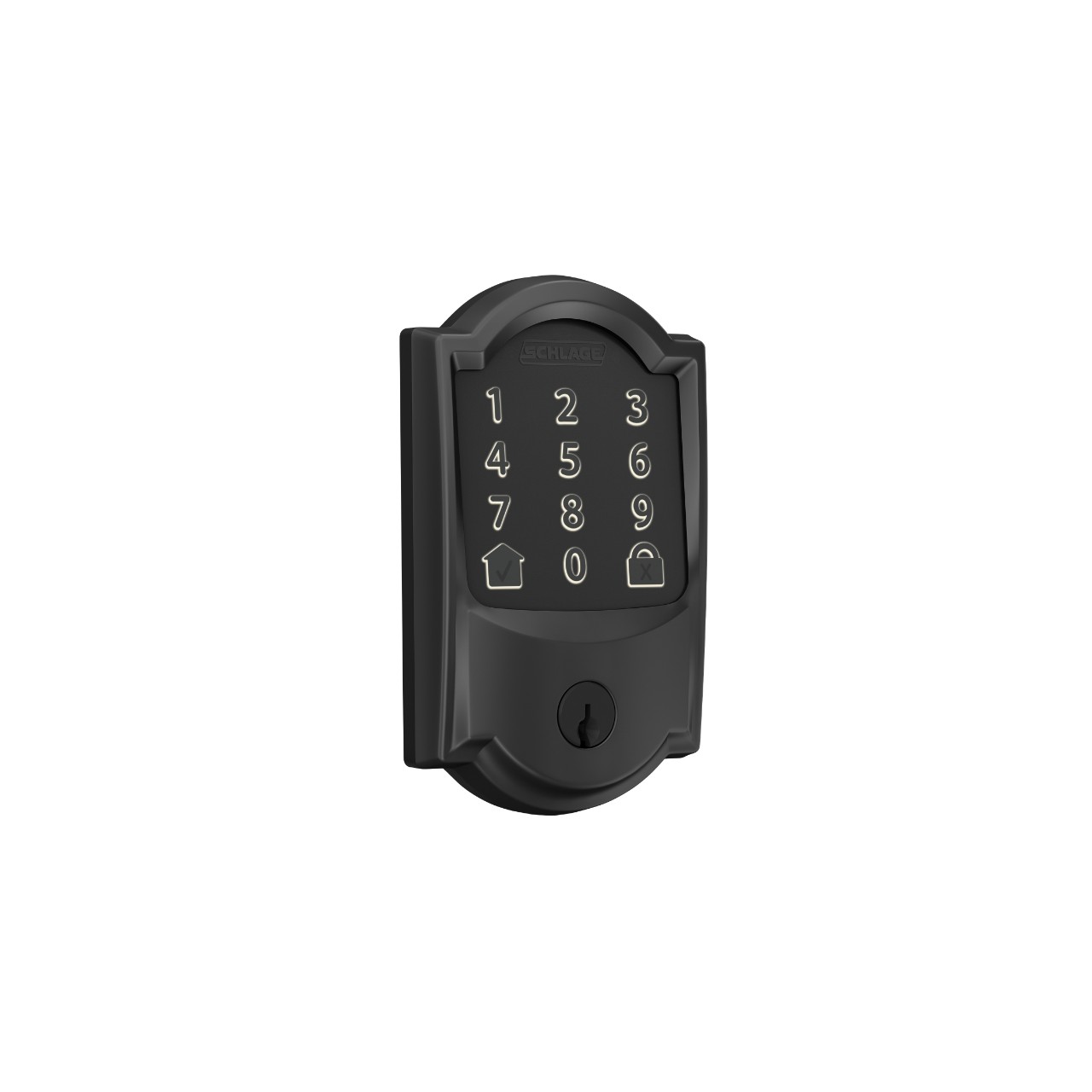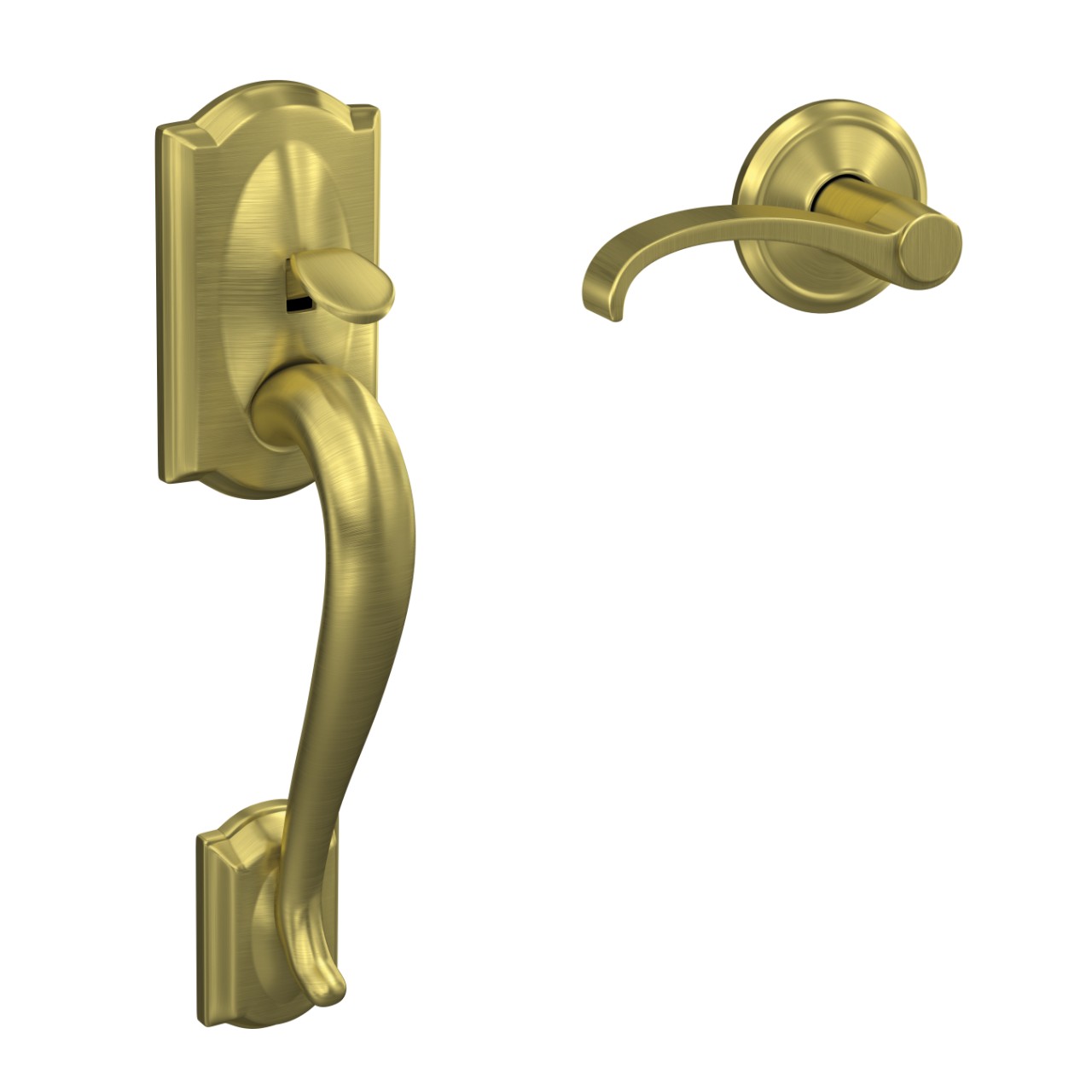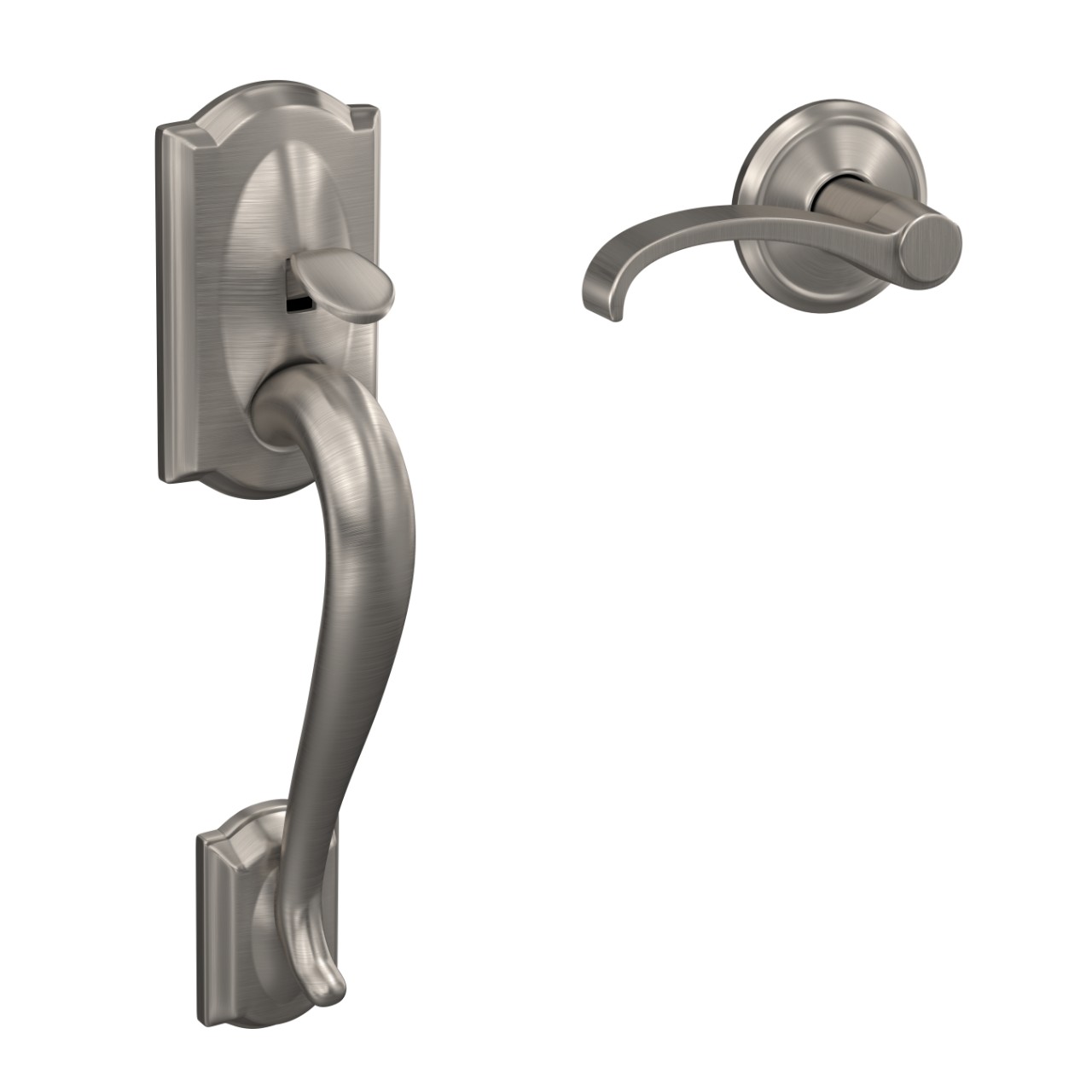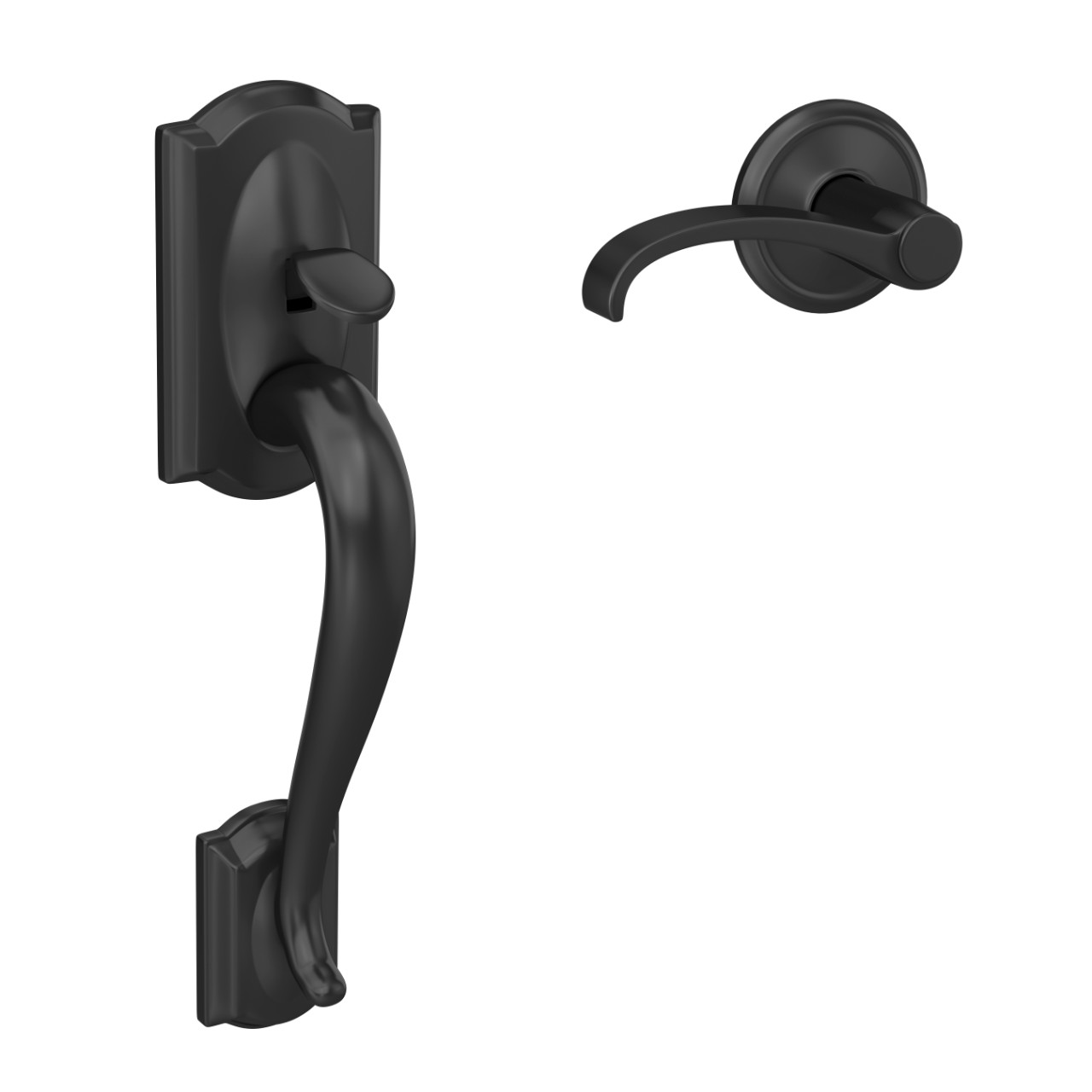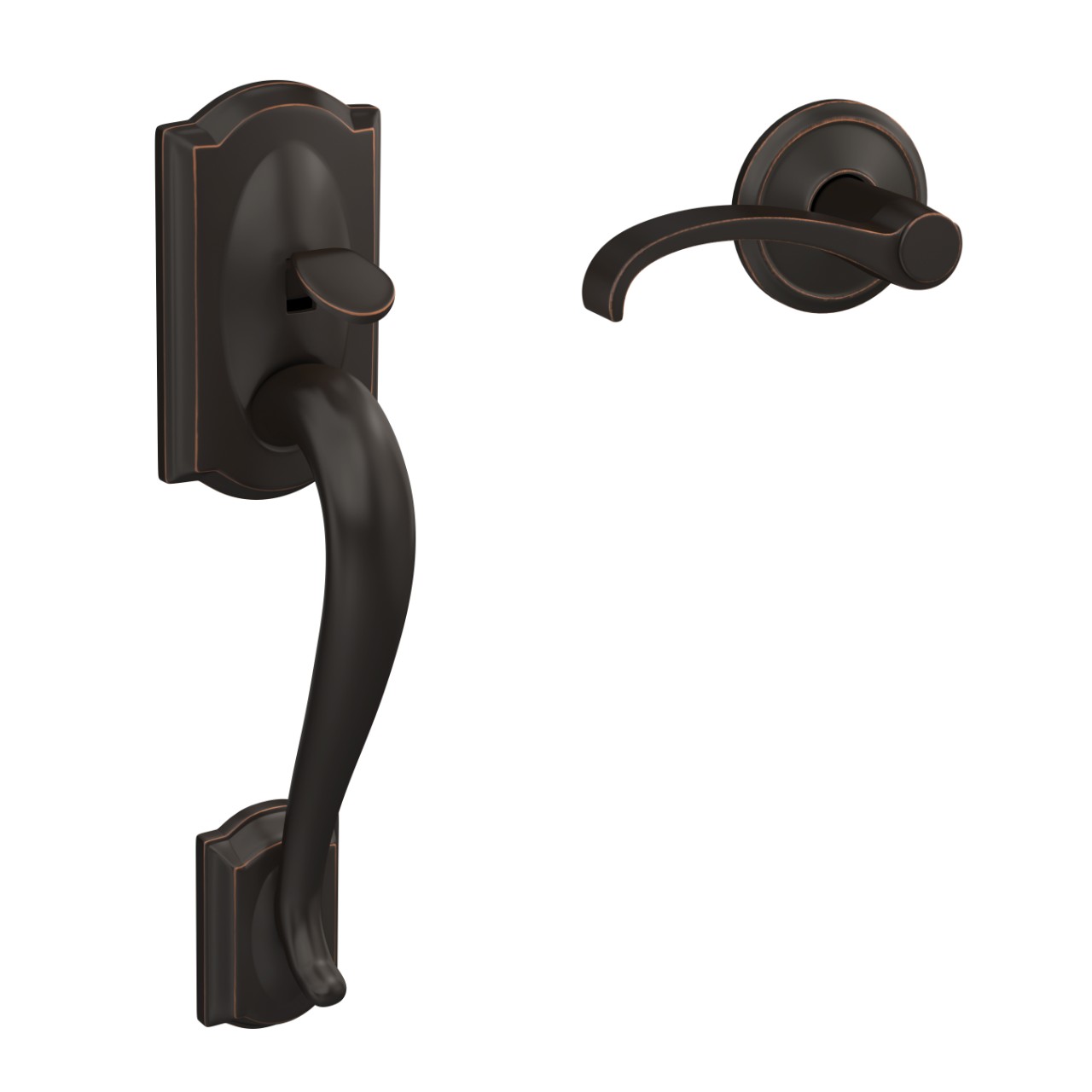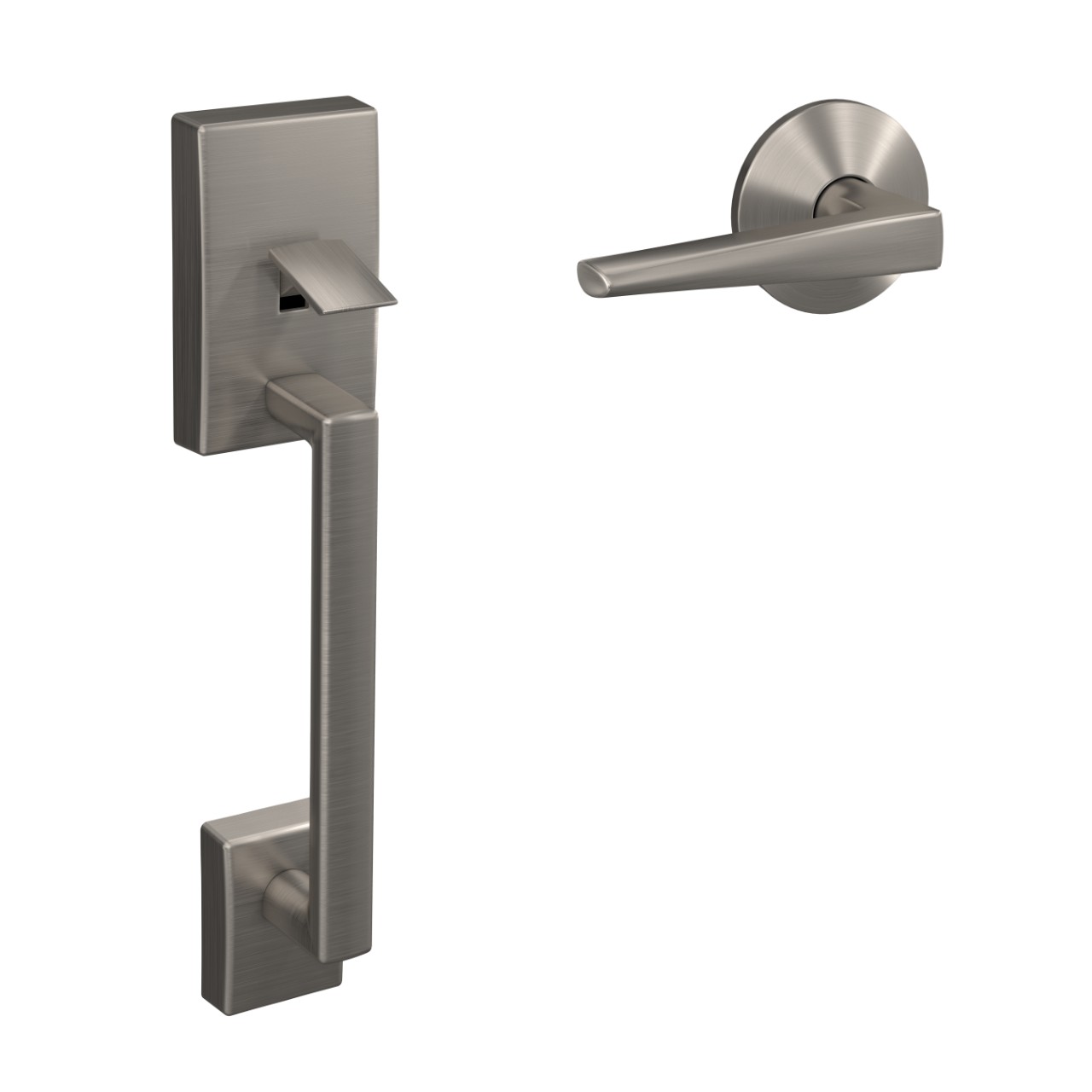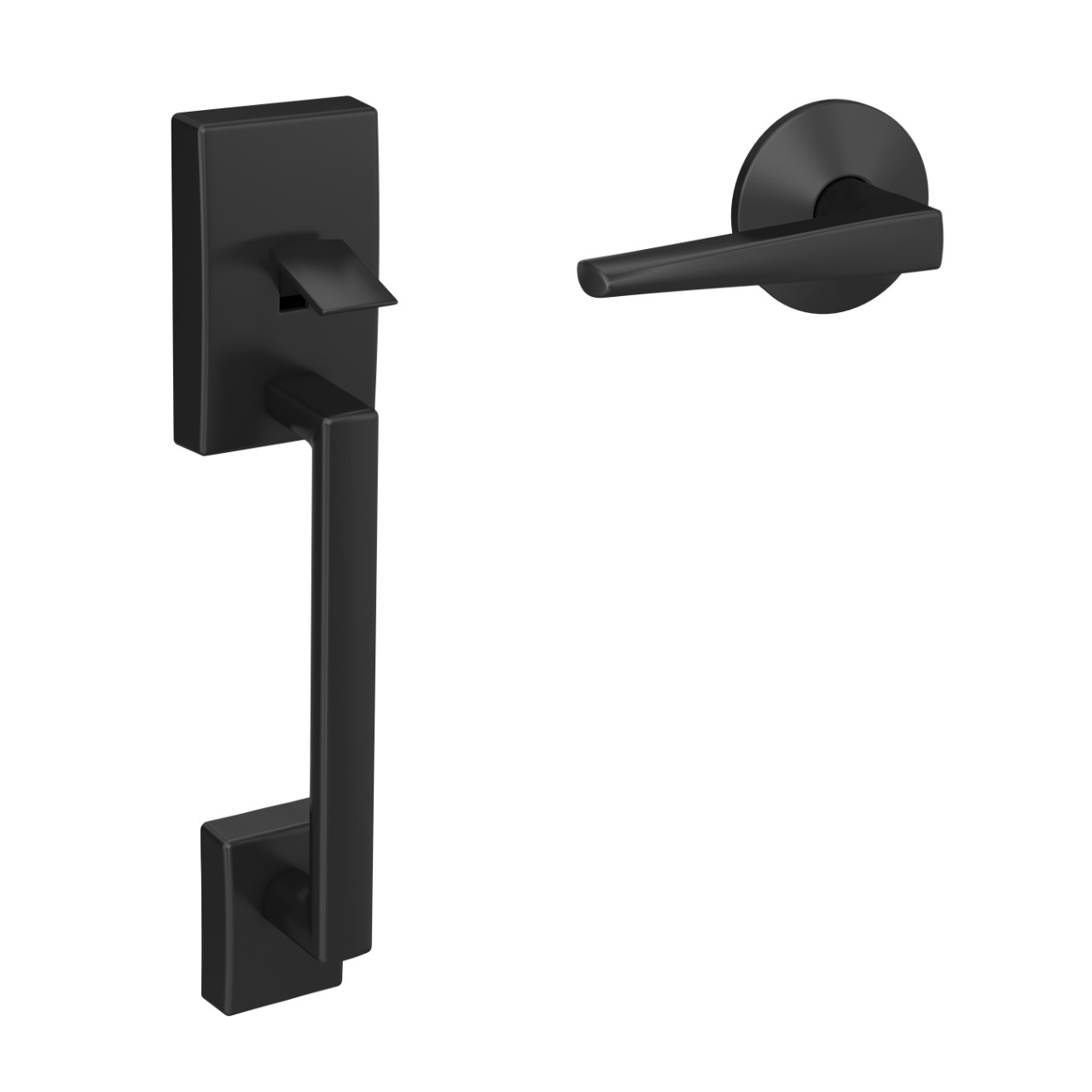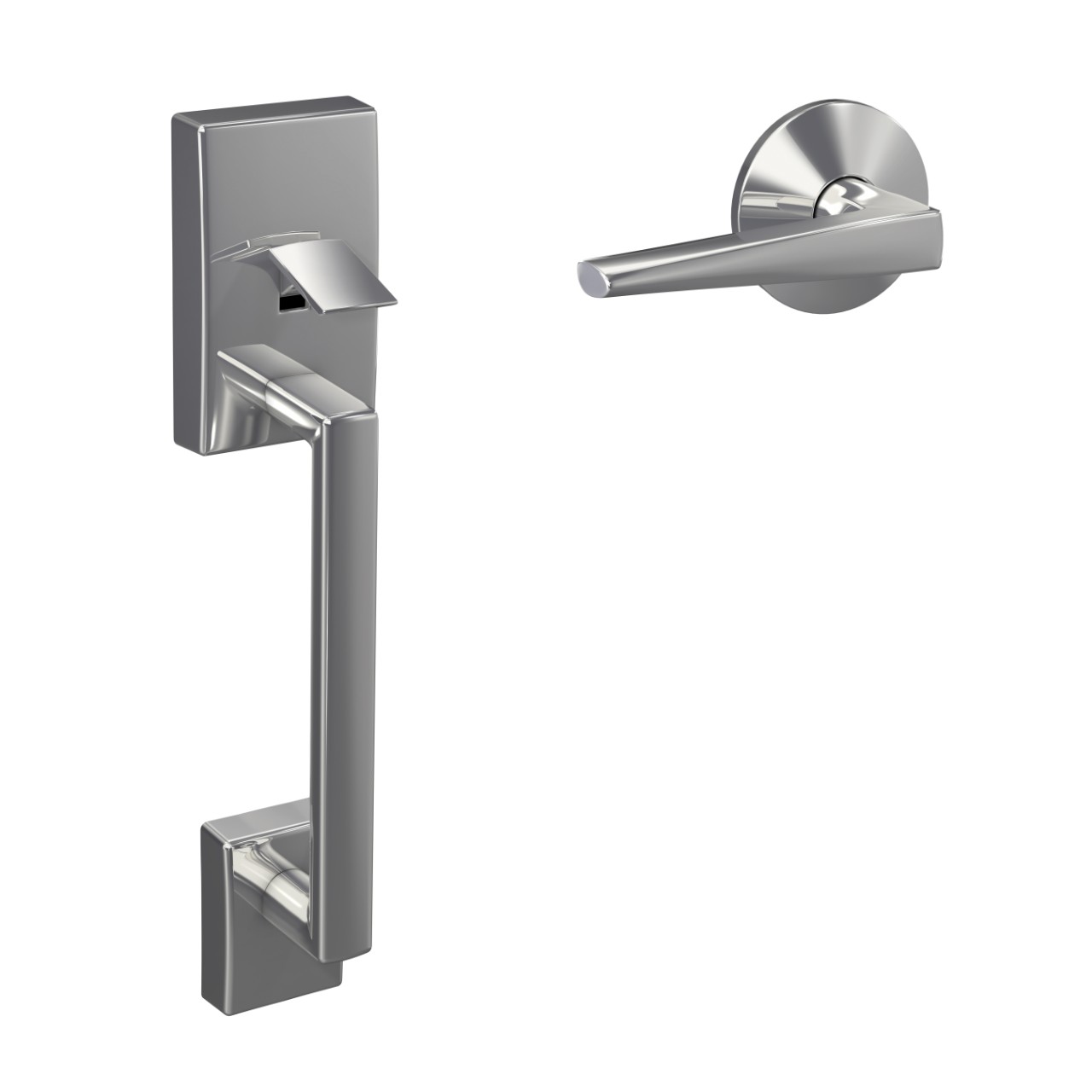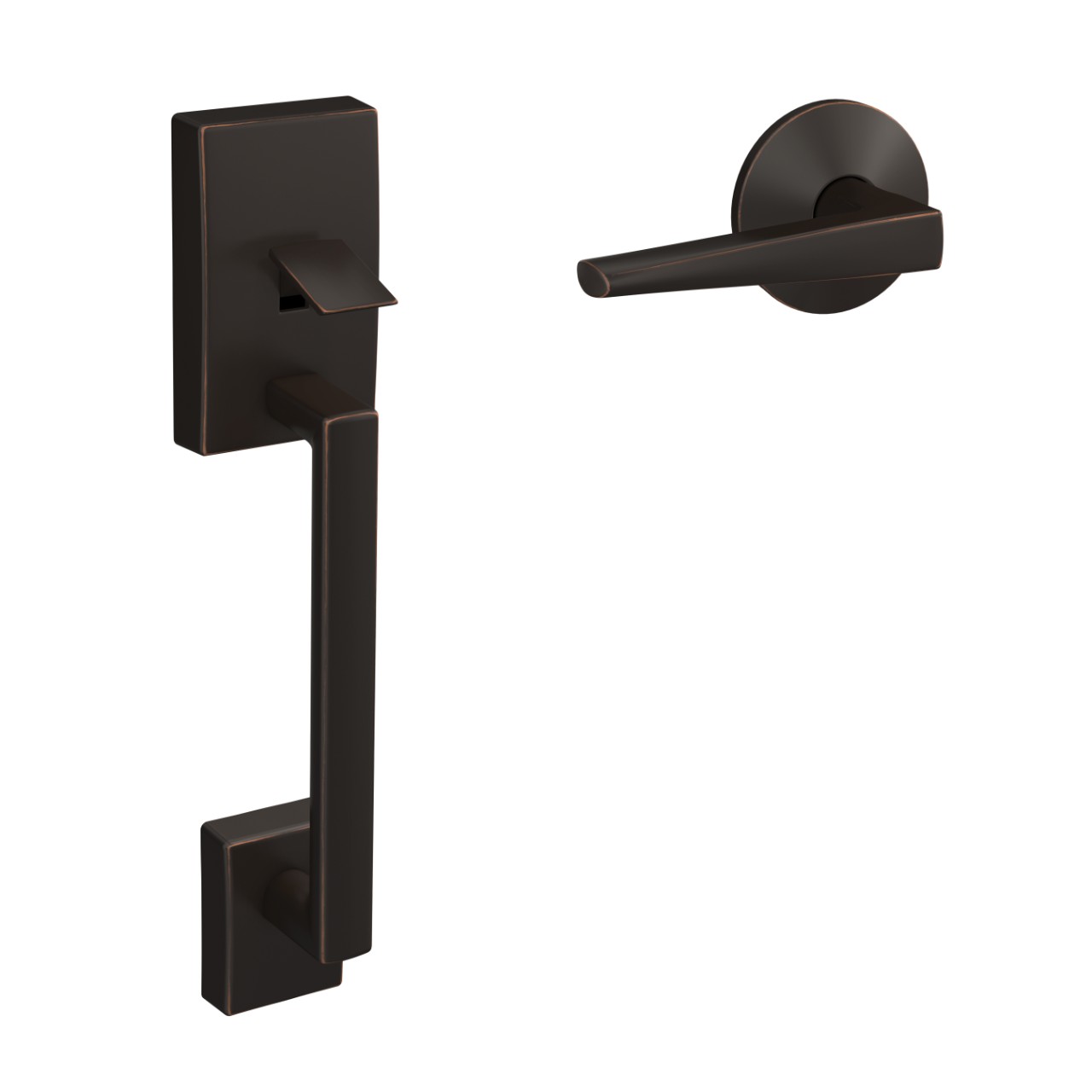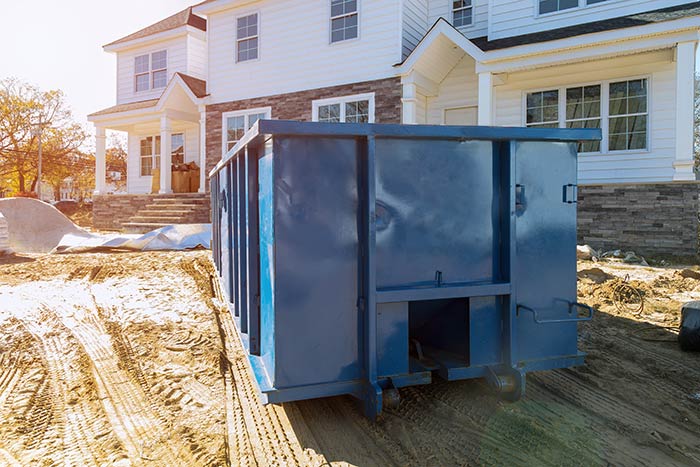

You’ve completed a DIY project and you’re so proud to be done! Then you look at the mess that still needs to be cleaned up. Home improvement projects often leave debris behind, like extra supplies, materials from demolition and other scraps. Make sure you know how to dispose of them – reuse, trash or recycle – to keep your home and the environment healthy.
WHERE TO GET RID OF YARD WASTE
Yard waste
The EPA estimated in 2018 that we generated more than 35 million tons of yard trimmings, making yard waste the fifth-largest kind of municipal solid waste collected that year. If you don’t compost your yard waste to use it in your garden next season, take it to a local composting center – a waste collection center that accepts organic material – or arrange for a waste removal service to pick it up. Your community might have a designated yard waste pick-up day, or you can hire a pro on-demand. In most cases you can compost grass clippings, leaves, out-of-season annuals from your container garden, and tree and brush trimmings.
Gardening chemicals
Fertilizer, herbicides and other chemicals used in gardening should never be poured down the drain. This is illegal in most areas as they can contaminate drinking water. Instead, take them to a hazardous waste disposal center or ask your local gardening store if they are able to dispose of it for you.
Treated wood
Most furniture, fencing and decking material is treated or painted, meaning it’s now coated with toxic chemicals. Those chemicals make it harder for the wood to break down, and even when it does, the toxins can enter the environment. If you can’t reuse the wood for another project or donate it, call your local waste agency and ask if they have a lined landfill that will reduce toxins entering the environment. Your trash service might also pick up pressure-treated wood, but don’t be surprised if there’s an additional fee. Do not burn treated wood in a trash heap or bonfire.
Dirt
If you dug a hole for a tree or a water feature, you now have extra soil. Your best bet is to reuse it in your own garden or see if your neighbors need it. Use it to create a landscaping feature like a raised bed or earth berm.
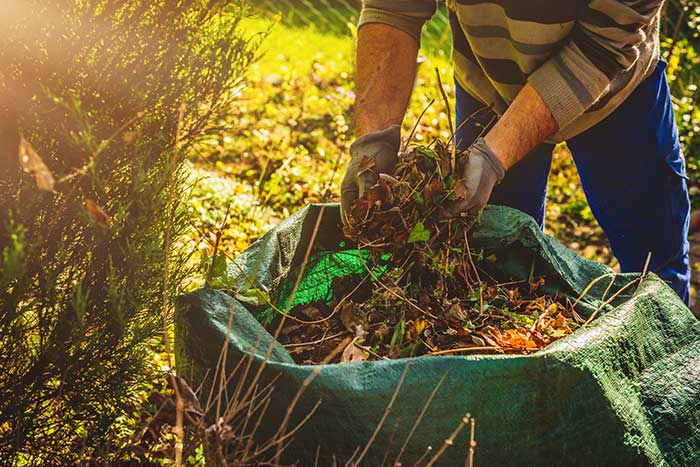
HOW TO DISPOSE OF BROKEN DIY TOOLS
Power tools
If a tool still works, consider donating it. Churches, schools and theater groups may be able to use them for maintenance or to build props. If the tool is broken, take it to a power tool dealer. They will often recycle it properly for you. You can also remove and recycle rechargeable batteries – usually the most hazardous part of the tool in terms of environmental impact – and trash the tool.
Tools
Mechanical tools – AKA those not requiring batteries or that don’t need to be plugged in – can usually be recycled as scrap metal. In addition to tools like screwdrivers, wrenches and hammers, include nails, screws and bolts in this category.
Lawn mowers
Step one is to drain gas and oil if you have a gas-powered mower. The gas and oil should be taken to a hazardous waste disposal center. (More on that in a minute.) The rest of the mower can then be taken to a scrap metal recycler. Follow the same guidelines for weedwhackers, other powered trimmers, snowblowers and leaf blowers. Electric mowers have rechargeable batteries and other electrical components that should be treated as hazardous e-waste. Do not dispose of it with your regular garbage.
Propane tanks
Your safest bet for disposing propane tanks is to contact a licensed propane dealer or hazardous waste facility. Some communities will accept them with the trash if they’re empty and de-pressurized. If you’re replacing the tank for your grill, the store where you get the new one may be able to take the empty tank, too.
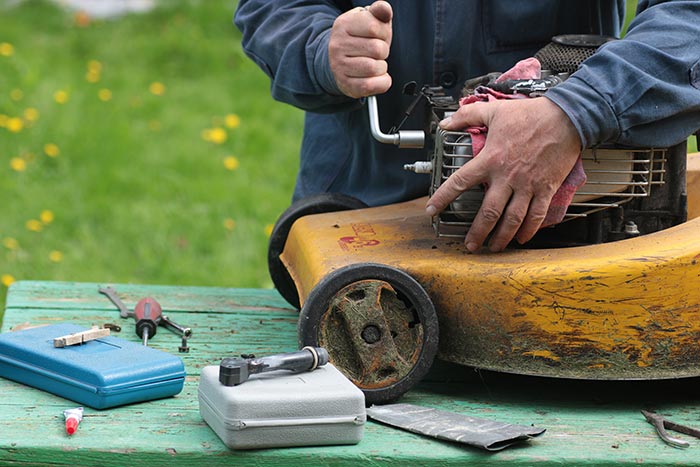
How to dispose of DIY debris
Paint and wood stain
Water-based latex paint can be thrown out with your regular trash if you let it dry completely or mix it with a hardening agent first. All other paints and stains should be taken to a hazardous waste collection point.
Oil
Whether you changed the oil in your car or used it as lubricant for your power tools, take the leftover or used oil to a recycling facility. Transport it in a leak-proof container. Oil recycling centers will usually take used oil filters, too. Used oil is slow to degrade and often contains toxic chemicals and heavy metals that, when they reach waterways, can contaminate drinking water sources and harm wildlife.
Scrap metal
Recycle or repurpose scrap metal instead of adding it to the landfill. Some areas will even pay you for your scrap, so look for collection centers near you. Metal roofing, gutters, siding and metal patio furniture are often made of aluminum and steel, so treat them as scrap and recycle them.
Asphalt roofing shingles
Asphalt shingles can be recycled and actually turned into asphalt pavement. If you plan to hire a contractor or other professional to replace your roof, ask beforehand if they will recycle your existing shingles. Not all contractors do.
Clay roofing tiles
Clay tiles give you lots of upcycling options. You can use them in your garden as a pathway or to edge your flowerbeds. Most tiles can withstand high heat, so try incorporating them into your fire pit. There may also be tile dealers in your area who are willing to buy your old tiles. And like asphalt roofing, you can always check with your contractor about having them dispose of them safely for you.
Concrete, asphalt, bricks
Did you redo a walkway, driveway or cement porch? What you do with the old material generally depends on how much of it there is. If any of it is still in good shape – maybe you have bricks or rocks that are still usable – upcycle it in another project. Include them in landscaping features or save them for the kids’ next craft project. Some materials can also be broken down into smaller pieces and placed in the bottom of your plant containers. This will help with drainage to prevent root rot. If the materials can’t be used again or there’s a large amount of it, you’ll need to take it to a bulk waste disposal site.
Wood shavings and saw dust
If it’s a small amount, you can throw these directly in the garbage. Larger quantities, especially if they come from pressure-treated wood, should be recycled appropriately by your local waste agency.
Unlock more ideas
Never miss a beat - get the latest product updates, style tips and DIY tutorials sent right to your inbox.
